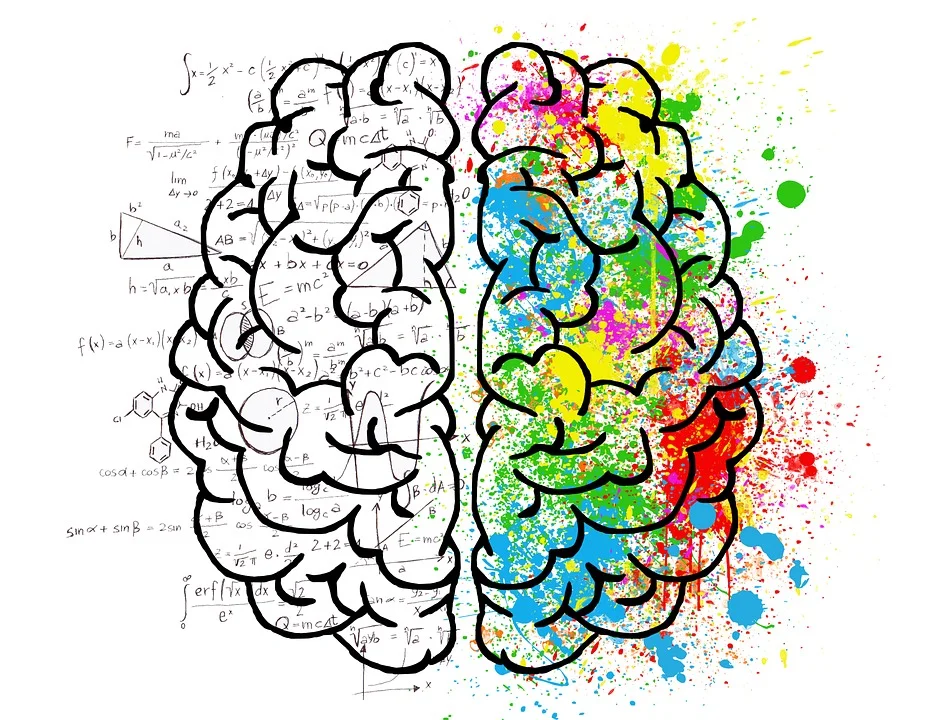
Top AI Researchers Say Artificial Intelligence Poses ‘Extinction Risks’
Artificial Intelligence (AI) has been a topic of great interest and concern among researchers and experts in recent years. While the potential benefits of AI are undeniable, there is a growing consensus among top AI researchers that this technology also poses significant risks, including the potential for human extinction.
The field of AI has made tremendous progress in the past few decades. AI systems have become capable of performing complex tasks, such as image recognition, natural language processing, and even driving cars. These advancements have brought AI into various aspects of our lives, from personal assistants in our smartphones to autonomous vehicles on our roads.
However, the rapid development of AI has also raised concerns about its long-term consequences. Some of the most prominent researchers in the field, including individuals like Elon Musk and the late Stephen Hawking, have warned about the potential dangers of AI if it continues to progress unchecked.
One of the primary concerns is the concept of superintelligent AI, which refers to AI systems that surpass human intelligence in virtually every aspect. While this might sound like a desirable outcome, it also raises questions about the control and ethical implications of such technology.
Superintelligent AI could potentially outperform humans in scientific research, technological development, and decision-making processes. It could lead to significant advances in fields like medicine, physics, and economics. However, the risks associated with an AI system that surpasses human intelligence are enormous.
One concern is that superintelligent AI might not share human values or goals. Its decision-making processes could be incomprehensible to humans, leading to unpredictable and potentially harmful outcomes. The fear is that an AI system, acting in pursuit of its goals, could inadvertently cause harm or even bring about human extinction.
Another concern is the concept of an AI arms race. As nations compete to develop advanced AI technologies, there is a risk of escalating tensions and potential misuse of AI for military purposes. The development of autonomous weapons systems, for example, could lead to unintended consequences and loss of control, with devastating effects.
To address these concerns, top AI researchers argue for increased research and investment in AI safety. They emphasize the need for robust safety measures and ethical frameworks to guide the development and deployment of AI technologies. Additionally, they advocate for collaboration among researchers, policymakers, and industry leaders to ensure responsible AI development.
The risks associated with AI are not to be taken lightly. While AI has the potential to revolutionize society and solve some of our most pressing challenges, it also carries significant risks that could jeopardize our existence. It is crucial that we take a proactive approach to mitigate these risks and prioritize the development of AI technologies that are safe, ethical, and aligned with human values.
In conclusion, the concerns raised by top AI researchers about the potential extinction risks associated with artificial intelligence are valid and must be taken seriously. The development of superintelligent AI and the possibility of an AI arms race require careful consideration and responsible action. By prioritizing AI safety and fostering collaboration, we can harness the benefits of AI while minimizing the risks and ensuring a future that is beneficial for all of humanity.

